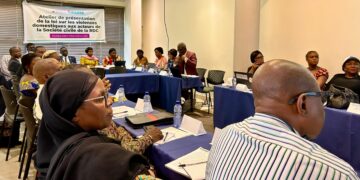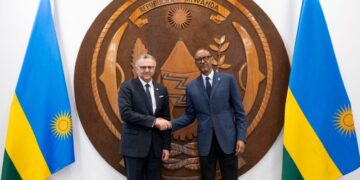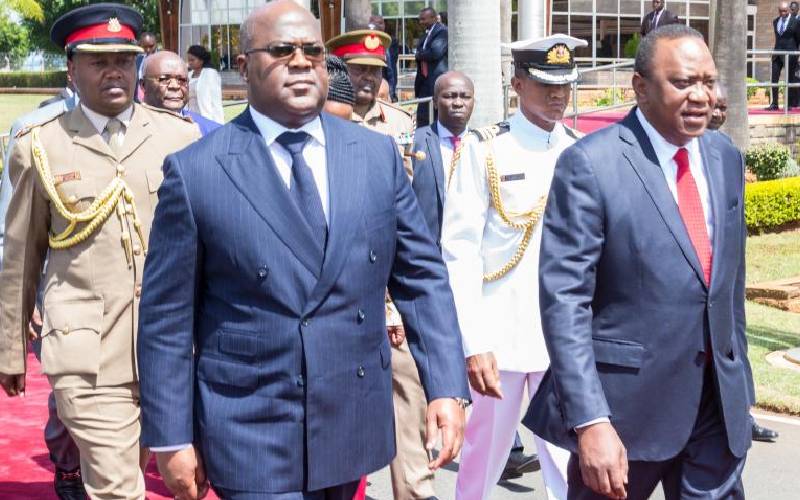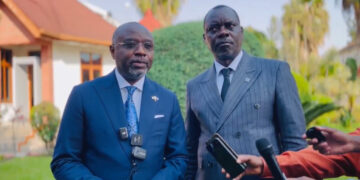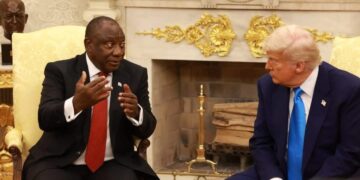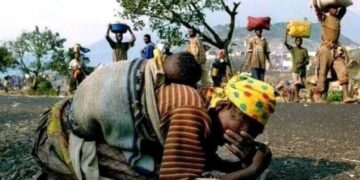Simultaneously, another Blackwater team has been positioned near Goma, the provincial capital, signaling a wider strategic presence in a zone historically marked by conflict and competition over natural resources.
Kisangani Airport (located in the Tshopo province) has been designated as the primary entry hub for Blackwater personnel and equipment during this initial phase of deployment. Reports suggest that flights carrying logistics, armored vehicles, and specialized security teams have already begun to arrive discreetly under special authorizations.
Background: Who is Blackwater?
Founded in 1997 by former U.S. Navy SEAL Erik Prince, Blackwater gained notoriety during the Iraq War for its involvement in controversial military and security operations, particularly the 2007 Nisour Square massacre in Baghdad where Blackwater contractors killed 17 Iraqi civilians. Following the scandal, the company rebranded several times (as Xe Services and later Academi), but its legacy remains deeply associated with private mercenary work.
Today, under different corporate structures, Blackwater-linked entities are still active worldwide, providing armed protection, intelligence services, and training to governments and private corporations, often in conflict zones.
Strategic Importance of Walikale and Goma
Walikale is one of the richest mineral zones in eastern Congo, containing vast deposits of coltan, gold, tin, and tungsten — critical minerals used globally in electronics, aerospace, and defense industries. Securing these mining sites has long been a source of tension between local armed groups, multinational corporations, and even neighboring states.
Goma, meanwhile, serves as a major logistical and administrative center for mining operations and humanitarian efforts across North Kivu and South Kivu. Its proximity to Rwanda and its volatile history make Goma a critical node for anyone seeking control over the region’s natural resources.
Potential Consequences and Risks
The arrival of private military contractors like Blackwater raises major concerns on multiple levels:
• Sovereignty Threat: The outsourcing of security operations to a foreign private army undermines Congolese state authority and could erode public trust in the national army (FARDC) and police forces.
• Escalation of Conflict: Armed contractors operating alongside (or against) local militias, rebel groups like the M23, or community-based defense groups (like the Wazalendo) could lead to new cycles of violence.
• Human Rights Concerns: Given Blackwater’s controversial human rights record, there are fears of potential abuses or lack of accountability for any violent incidents involving civilians.
• Economic Implications: Securing mining interests through foreign contractors could reinforce perceptions that Congo’s wealth benefits external actors at the expense of local communities, fueling resentment and instability.
What’s Next?
Diplomatic and civil society groups are already raising alarms about the deployment. Some are demanding greater transparency from the Congolese government about agreements signed with private security firms, while others warn that this could set a dangerous precedent for other resource-rich regions of the country.
As multiple diplomatic processes (Luanda, Nairobi, Doha, Washington) are underway to try to restore peace in eastern Congo, the militarization of mining areas with foreign forces risks complicating negotiations and destabilizing fragile alliances.
All eyes are now on how the Congolese government, regional partners, and the international community will respond to this development — and whether the deployment of Blackwater will bring security, or ignite new fires in a region already scarred by decades of conflict.




